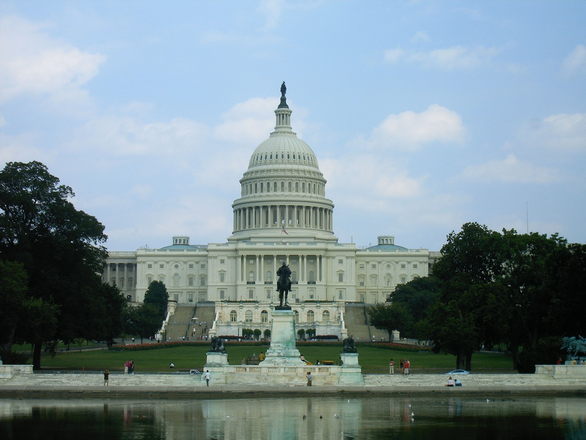

"It doesn't appear as though SCOTUS will entertain the question of software patentability any time soon, so the impact of Alice will stand unshaken/unchallenged."It sure seems like a lot of practicing firms no longer pursue software patents to the same degree as before, neither in the courtroom nor in the patent office. The patent system itself, just like justice, is too slow and expensive. See this new article which says "Judge Indira Talwani emphasized the importance of timely intervention in any patent infringement suit, in a recent opinion out of the District of Massachusetts. In this case, an exclusive licensee of several patents was not permitted to intervene in a patent infringement suit, largely because its motion was filed many months too late."
When patent cases take years to be settled (or decided on by a court) it contributes a great deal to uncertainty, not just legal costs, e.g. lawyers' fees. Surely the lawyers and the courts love this a great deal. It's what gives them job security.
"When patent cases take years to be settled (or decided on by a court) it contributes a great deal to uncertainty, not just legal costs, e.g. lawyers' fees."The Patent Trial and Appeal Board (PTAB) has contributed to the demise of patents on software in the US. The Court of Appeals for the Federal Circuit (CAFC), which introduced software patents in the first place and sometimes interacts with PTAB, has been the subject of focus in several recent posts from Dennis Crouch. Today he wrote that the "USPTO Stall[s] Implementation of Federal Circuit Decisions," noting that "[a]ccording to Tam’s pi-day filed mandamus action, however, the USPTO Director has indicated that she will not comply with the Court’s until all potential appeals have been exhausted or expired. As such, the USPTO continues to refuse to publish the mark in the Official Gazette."
Yes, great 'justice' right there.
Another very recent post from Crouch said that the Federal Circuit actually expressed reluctance to accept patents on certain computer games. To quote:
In reviewing the application, the Examiner Layno (Games art unit 3711) rejected these card games patents as ineligible under Section 101 – noting that the claim is “an attempt to claim a new set of rules for playing a card game [and thus] qualifies as an abstract idea.” The Patent Trial & Appeal Board affirmed that ruling – holding that “independent claim 1 is directed to a set of rules for conducting a wagering game which . . . constitutes a patent-ineligible abstract idea.” The particular physical steps such as shuffling and dealing are conventional elements of card-gambling and therefore (according to the Board) insufficient to transform the claimed abstract idea into a patent eligible invention.
"Crouch has just tackled the question of prior art, but when examiners are overworked and compensated for grants more than for rejections, does it surprise anyone that almost every US patent application ends up being successful?"Patents on games are probably a step too far, especially when they involve virtual equivalents of something that existed for many centuries (if not millennial timescale). Crouch has just tackled the question of prior art, but when examiners are overworked and compensated for grants more than for rejections, does it surprise anyone that almost every US patent application ends up being successful? The EPO is now aping this trend, quite unfortunately.
"These aren't "Americans" but multinational corporations that are based in the US."As one article put it, "Amazon has filed a patent application to allow users to pay for items by taking a selfie. The tech giant argues the move would improve people's security as they carry out more and more tasks online."
Amazon also works closely with the CIA ($600 million computing deal), so sending Amazon many of personal, grainy photos isn't necessarily the smartest thing to do.
"Americans file more patents in Australia than Australians!" screams a new headline today, but is anybody surprised? These aren't "Americans" but multinational corporations that are based in the US. How many of these patents are on software? ⬆